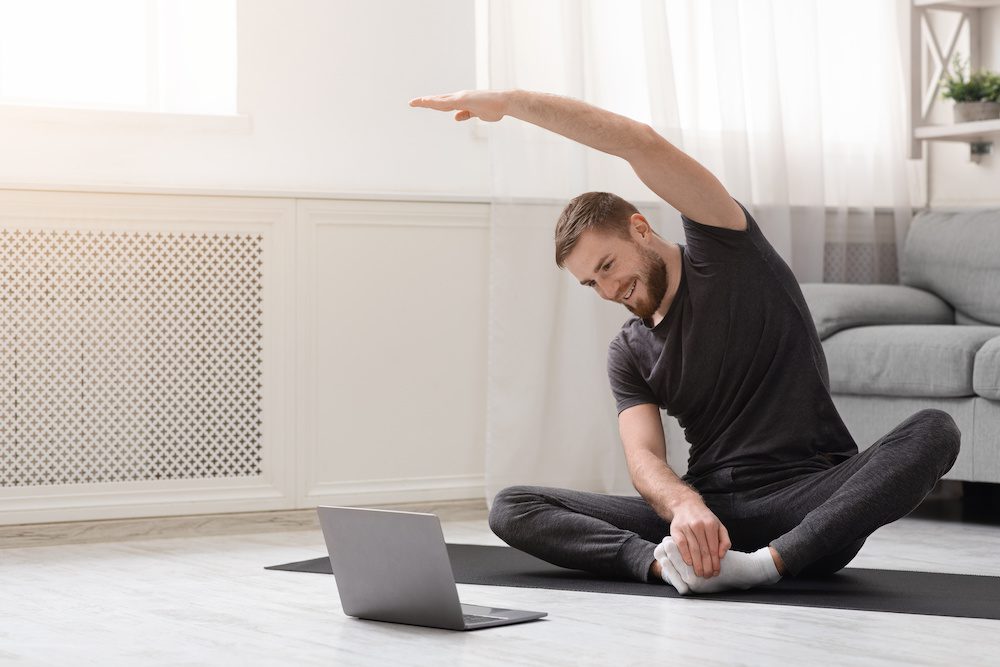How Can You Manage Stress While Recovering from Addiction?
- / Recovery

Stress, in itself, isn’t necessarily bad. We need a bit of stress to grow. However, when you’re first starting out in recovery from addiction, it’s important to manage your stress as much as you can. Stress is perhaps the most common trigger of cravings and keeping it to a minimum while learning healthy coping skills is central to treatment and recovery. Most of our stress tends to come from things that matter most to us, such as relationships, work, and money. We don’t want to get rid of those things, but neither do we want to feel overburdened by them. The following are some tips to help you manage stress in addiction recovery.
Prioritize
Perhaps the single best way to reduce stress is to mindfully prioritize. Know what’s most important to you and focus on that. This doesn’t mean you should be selfish. For example, your family might be one of your top priorities. If you are recovering from a substance use disorder, then your recovery should be a top priority and staying sober will improve the lives of the people around you too. Your priorities should be based on your core values and on your primary needs. There are an essentially infinite number of things you could be doing and if you feel like you have to do everything, you’re going to feel overwhelmed. Focus your energy on the few things that are most important.
Learn to Say No
Related to the point above, it’s crucial to learn to say no. People will give you as many tasks as you accept. While it’s admirable to want to help others, you’re not really helping if you take responsibility for something you don’t have the time or ability to do properly. Saying no keeps you from getting distracted, it helps you focus on what’s most important, and it helps keep you from feeling overwhelmed.
Take One Thing At a Time
Stress can either come from one big thing, an accumulation of smaller things, or both. Having clear priorities will help you decide what to spend your energy on first but it’s also important to focus on doing just one thing at a time. Juggling allows too many things to fall through the cracks and fragmenting your attention increases your stress level. It’s like playing tennis against five opponents at once. Instead, give your full attention to one thing at a time. You’ll be able to do things faster and better.
Create Routines
Routines reduce stress in several ways. First, they automate certain decisions. For example, if you go to a 12-step meeting at the same time every day, after a month or so, that becomes automatic. You don’t have to think about it. Having a few elements in your routine, such as getting up at the same time, exercising at the same time, going to bed at the same time, and so on means a lot of your most productive recovery activities will get done with very little effort. Second, routines reduce stress by making each day somewhat predictable. Even if you find the idea of a routine constrictive, too much chaos can be stressful and it makes other things harder to plan.
Take Breaks
Stress accumulates the longer you work. You get fatigued, your muscles get tight, you have to exert more effort to keep going, and this leads to a cycle of tension and exhaustion. You can interrupt this cycle by taking periodic breaks throughout the day. Every hour or so, step away from whatever you’re doing. Try to relax. Take a few slow, deep breaths and allow your mind to calm. This will help you be fresher when you get back to work. It’s also important to set aside time to relax every day, whether that involves something like progressive relaxation, meditation, a hot bath, or listening to music. On a longer scale, take a vacation when possible. We all need a few days off from time to time and getting out of your everyday routine can be very helpful.
Exercise
Exercise is great for recovery for many reasons–it improves your self-control, your emotional regulation, and your cardiovascular health. It’s also a great stress-buster. Regular exercise actually changes your brain to make you less reactive to stress by affecting a structure called the hypothalamic-pituitary-adrenal axis. This structure has to do with how you respond to threats. Exercise also strengthens areas of the prefrontal cortex involved with planning, self-control, focus, and emotional regulation, which means you will also be able to solve problems more effectively.
Managing stress and other challenging emotions is a key recovery skill. Often, when we feel stressed about something, it means that thing is important, but too often, we feel stressed about things that don’t really matter. The more we get rid of this pointless stress through prioritizing, the better we feel. In addition to avoiding the things mentioned above, focus on the things that matter most–your relationships, your health, and doing meaningful things. At Choice House, we know that substance use is usually just one symptom of a bigger problem. Most people with substance use disorders have other issues too, including trauma, depression, anxiety, and other mental health challenges. We address these issues using the latest proven methods, including dialectical behavioral therapy, family therapy, and other person-centered work. We support this therapeutic process by helping our clients make healthy lifestyle changes, including healthy diet and regular exercise. Meditation, yoga, outdoor activities, and community bonding activities also contribute to our overall wellness program. To learn more, call Choice House today at (720) 577-4422
